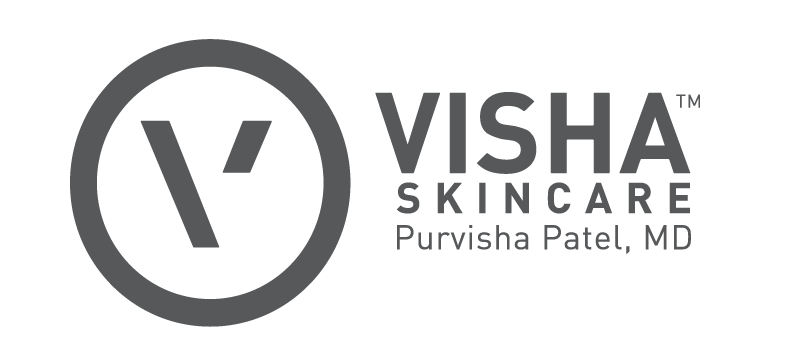 American Salon posted "The 411 On Quarantine Skincare, Mask-Induced Breakouts And More" featuring Dr. Purvisha Patel and Visha Skincare.
American Salon posted "The 411 On Quarantine Skincare, Mask-Induced Breakouts And More" featuring Dr. Purvisha Patel and Visha Skincare.
Talking about skincare in the middle of a pandemic may seem frivolous, but I’ll be the first to admit that sticking to my multistep routine has given me a little taste of normalcy during this strange time.
I’ve always been a bit of a self-proclaimed skincare junkie, but it wasn’t until quarantine that I found myself diving into product reviews and filling my beauty cabinet with new products.
When I realized I could essentially roll out of bed, apply my new regimen (serums, moisturizer and SPF) and be on my way without makeup, I was sold—the products were working.
I was jolted back to reality the second that face masks became required for running errands in my area and all of my progress seemingly disappeared. Whether it was the recycled air that was causing breakouts, or the mask’s material causing irritation and a spike in my skin’s redness, wearing a mask for any amount of time was sending me right back to my pre-teen skin.
Knowing that a face mask will likely be a part of life for the foreseeable future, I put out an APB to a few skincare pros to get to the bottom of my suddenly acne-prone skin. Dr. Purvisha Patel, board-certified dermatologist and founder of Visha Skincare, says acne is typically caused by one of four things, all of which are much more likely to happen while wearing a mask.
First, follicular occlusion—essentially a group of follicles that become blocked from sweating, dirt and oil—can lead to pesky breakouts. Now, imagine sweat, dirt and oil being trapped under a mask. “Wearing a mask increases the heat and moisture in the environment of the skin, encouraging the micro infections of the follicle to turn into pimples,” Patel says.
Acne can also be caused by bacterial and fungal growth in the clogged pore, excessive oil production or addition of oils to the face, and inflammation. Patel says that attempting to eliminate any three of the four root causes will undoubtedly lead to less frequent breakouts. “Use a good exfoliating cleanser to deep clean pores, kill microbes and decrease inflammation. And, make sure that you place your mask on clean skin daily.” When you’re mask free, don’t forget to let your skin breathe. Patel recommends staying away from thick, occlusive oils or moisturizers, especially at night.
